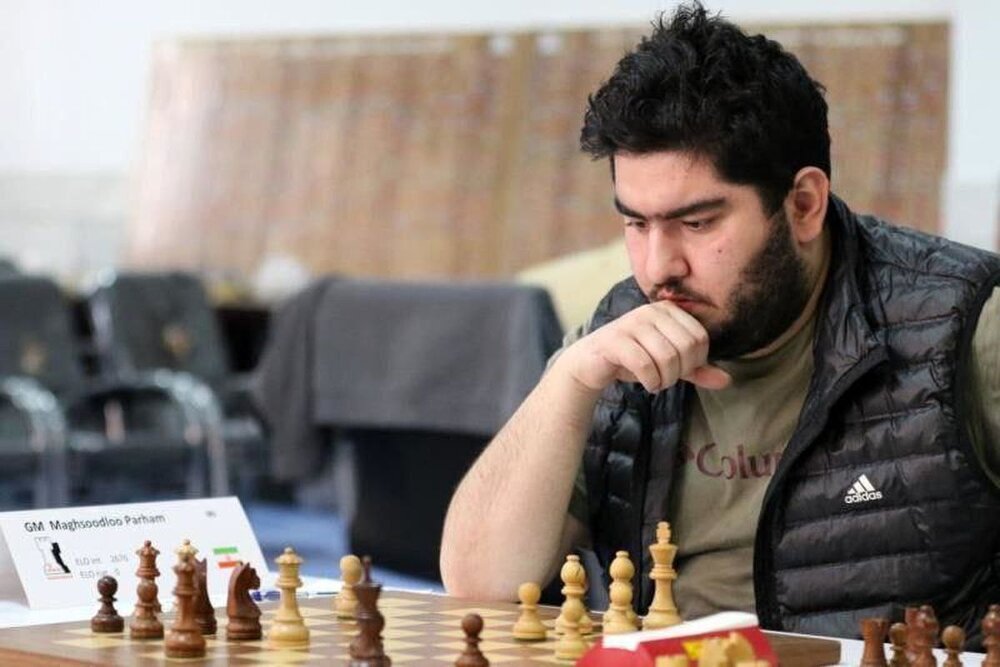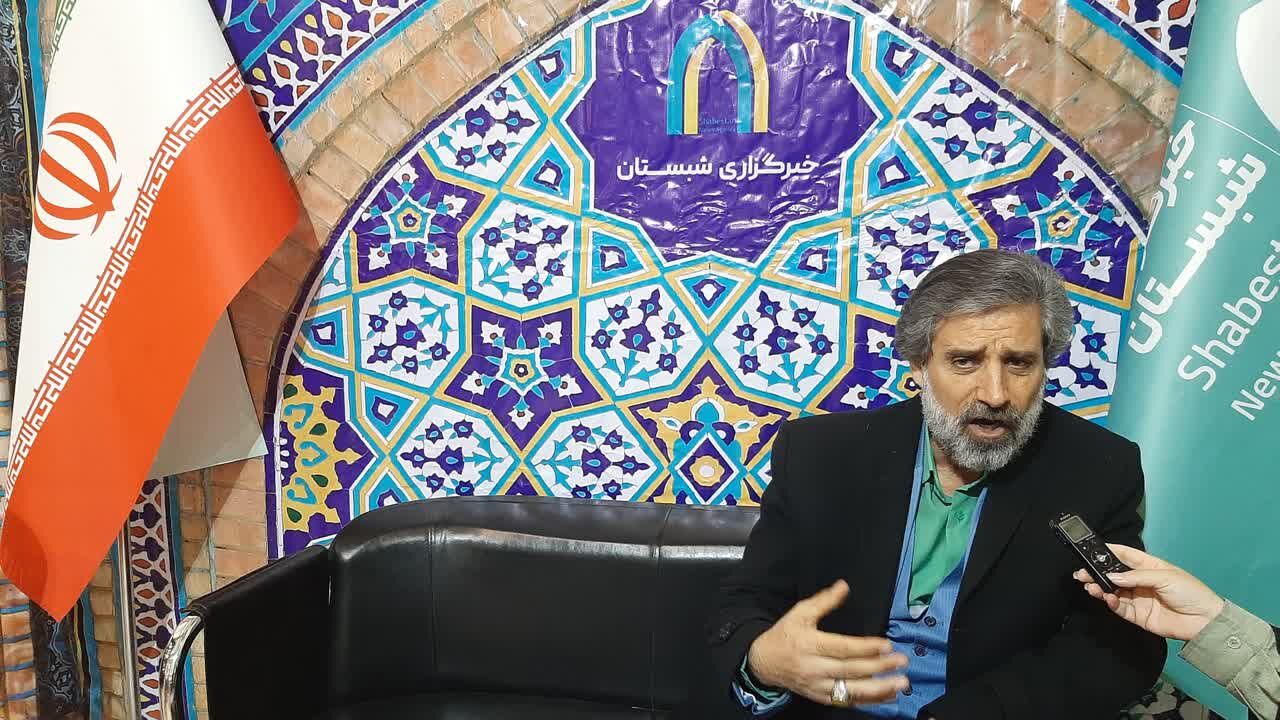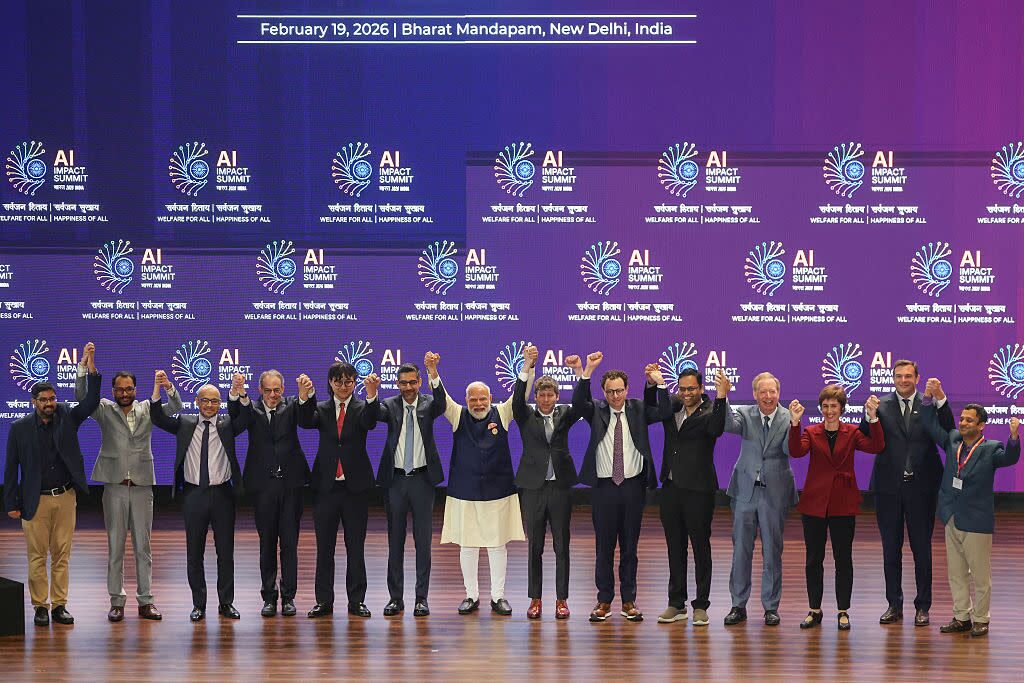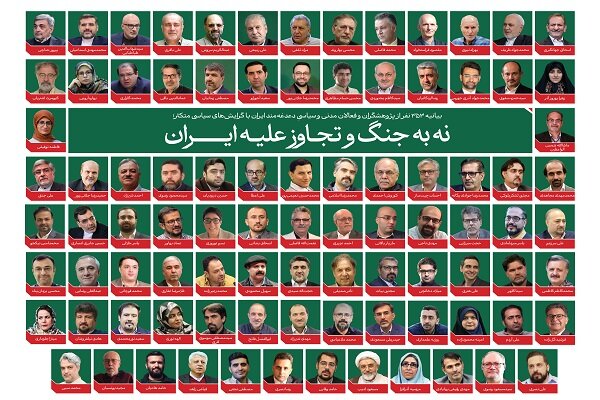Saudi and Emirati rulers’ Sharm el-Sheikh no-show reveals tensions with Egypt over Gaza
Saudi and Emirati rulers’ Sharm el-Sheikh no-show reveals tensions with Egypt over Gaza

There were two conspicuous absences in Egypt’s Sharm el-Sheikh when Donald Trump and Abdel-Fatteh el-Sisi gathered world leaders to cement and celebrate the Gaza ceasefire deal: Saudi Crown Prince Mohammed bin Salman and UAE President Mohammed bin Zayed.
Their no-show was a clear signal that the Gulf Arab heavyweights were adamant not to allow Egypt to claim the spotlight and plaudits, Saudi, Emirati and Egyptian sources told Middle East Eye.
The summit in the Red Sea resort was co-chaired by the Egyptian and US presidents, and underlined the key - and controversial - role Egypt has played throughout Israel’s genocide in Gaza.
Cairo has often been used as a meeting place for negotiators over the past two years, with the Egyptian authorities serving as mediators alongside other countries such as Qatar.
Yet Egypt has also stood by as Israel shut the Rafah crossing between Gaza and Egypt’s Sinai peninsula, contributing to a siege that created a famine in the Palestinian enclave.
At home, meanwhile, Egyptian authorities have cracked down on almost all expressions of solidarity with Palestinians under attack in Gaza.
Such tensions that the Gaza war has created have been felt in the Gulf, too, where discreet ties with Israel have had to be balanced with rising public anger at the genocide.
As the region’s wealthiest states, Saudi Arabia and the UAE are expected to foot the bill for much of Gaza’s humanitarian relief and reconstruction.
Saudi and Emirati officials argue that their countries, therefore, should play a greater role in shaping Gaza’s future.
An Egyptian diplomat close to the presidency told MEE that by sending ministers to Sharm el-Sheikh rather than their rulers, Riyadh and Abu Dhabi were “indicating their reluctance to give Egypt a larger stage or greater prestige”. Like all MEE sources featured, he spoke on condition of anonymity for security reasons.
“Egypt has spent weeks in the international spotlight mediating indirect talks that led to a fragile truce between Israel and Hamas,” the diplomat said.
“Yet in Riyadh and Abu Dhabi, that attention has caused frustration. Both governments believe they deserved recognition for helping broker the deal, particularly given their influence with Washington.”
Prestige and ideology
With its large, US-backed military, huge population, ties to Israel and location straddling the Middle East and Africa while neighbouring Palestine, Egypt has historically been a major Arab power.
But that position has weakened in recent decades as Gulf Arab states have grown rich and influential and Egypt’s economy has foundered.
Since Sisi took power in 2013 by overthrowing Egypt’s first democratically elected president, Mohamed Morsi, in a military coup, Saudi Arabia and the UAE have been his key allies, offering significant economic and political support.
This backing has been especially important for his government during times of economic strain.
So, in the Gulf, Egypt is viewed as somewhat of a junior partner.
Beyond issues of prestige, the tensions over Gaza highlight a deeper ideological divide.
Both Saudi Arabia and the UAE have long regarded Hamas with suspicion, seeing it as a symbol of Islam-inspired resistance that could spark political activism at home.
Mohammed bin Salman has forced through social reforms that have unsettled more conservative and traditional elements of Saudi society, and Hamas’s appeal - rooted in religion, defiance and popular legitimacy - makes it a natural foe for the crown prince.
“The kingdom fears that Hamas’s story could resonate with Saudis who are already questioning the country’s new liberalising direction,” a senior Saudi source close to the royal palace told MEE.
“In a nutshell, both Gulf countries were frustrated by how negotiations have been concluded, especially as the ceasefire fell short of dismantling Hamas entirely,” he added.
“They see any remaining Hamas presence, even if it no longer governs Gaza, as a ticking time bomb.”
Similarly, the UAE has spent years spearheading a regional campaign against political Islam, targeting groups from the Muslim Brotherhood to Hamas that it considers a threat to state - and royal - control.
“The Emirates sees Hamas’s survival as a dangerous precedent,” an Emirati source close to the ruling families told MEE.
“Both Riyadh and Abu Dhabi jointly oppose any truce that allows Hamas to endure.”
Old rivalries, new tensions
According to MEE’s sources, Mohammed bin Salman has been trying to present himself as the Arab world’s new peacemaker - a modern leader capable of bringing stability after years of regional turmoil.
“Instead, the spotlight went to Cairo,” the Saudi source noted. “That was hard to swallow.”
In Cairo, the missing Gulf leaders have not gone unnoticed.
Officials quietly fear it could put extra strain on ties that are already fragile due to economic challenges and shifting regional alliances: even Saudi Arabia and the UAE have been at odds in recent years as competition between them grows.
'Both Gulf countries were frustrated by how negotiations have been concluded, especially as the ceasefire fell short of dismantling Hamas'
- Senior Saudi source
“Their non-attendance sends a powerful message, indicating that both capitals are unhappy with how Egypt is handling the Gaza issue, especially Riyadh,” the Egyptian diplomatic source told MEE.
And while senior foreign leaders like Turkey’s Recep Tayyip Erdogan, France’s Emmanuel Macron and Britain’s Keir Starmer travelled to Egypt, notably, Arab representation was lacklustre alongside the Saudis and Emiratis. Oman, Syria and Lebanon all sent delegations without their leaders.
“It was a diplomatic statement,” a Middle Eastern security expert said.
“It shows how fragmented the Arab world has become: torn between scepticism of the US plan, fear of normalisation with Israel without justice for Palestinians, and the need to contain public anger while maintaining western ties.”
A Cairo-based analyst told MEE that “without a unified Arab position, any deal coming out of Sharm el-Sheikh risks being seen as imposed from abroad rather than initiated by the region”.
“The summit was supposed to show Egypt back in command,” the analyst told MEE. “But the empty seats of the Gulf leaders told a different story: one of pride, politics and unfinished rivalries.”












